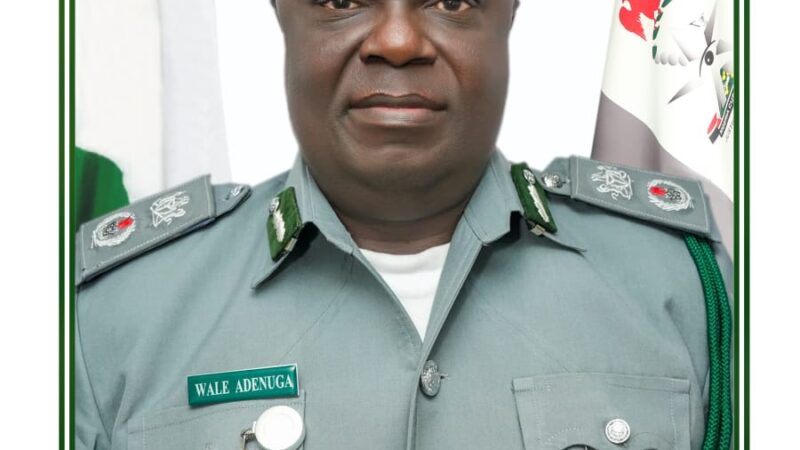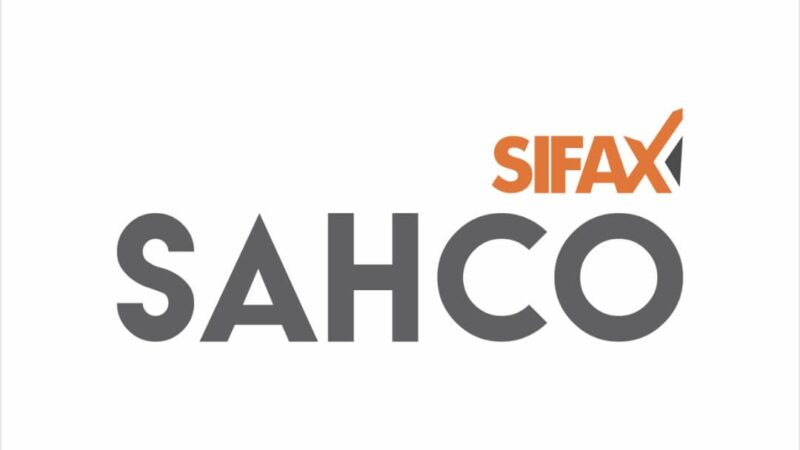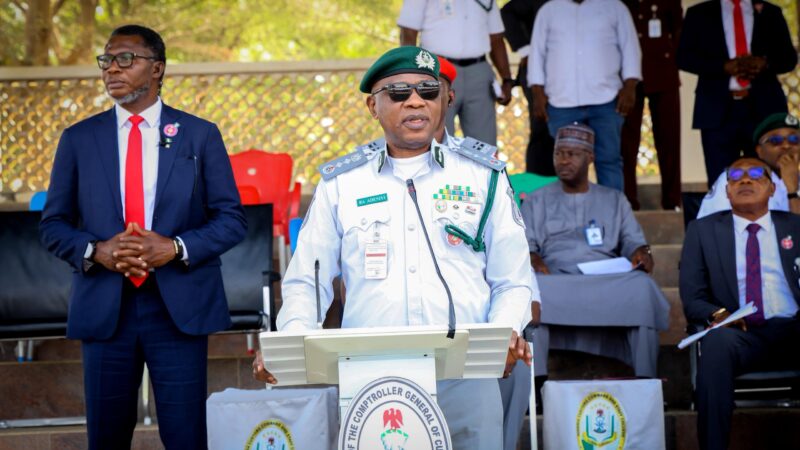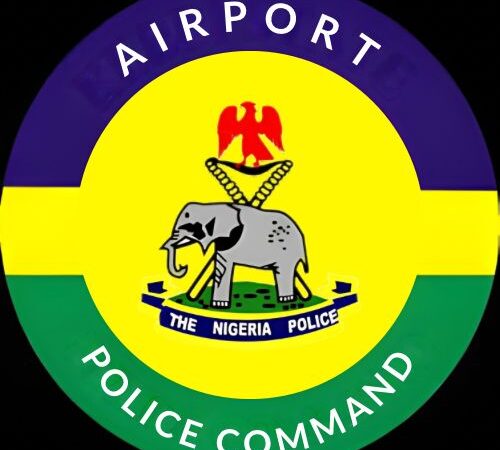Nigeria, India Deepen Strategic Customs Cooperation at WCO Policy Commission in Brussels
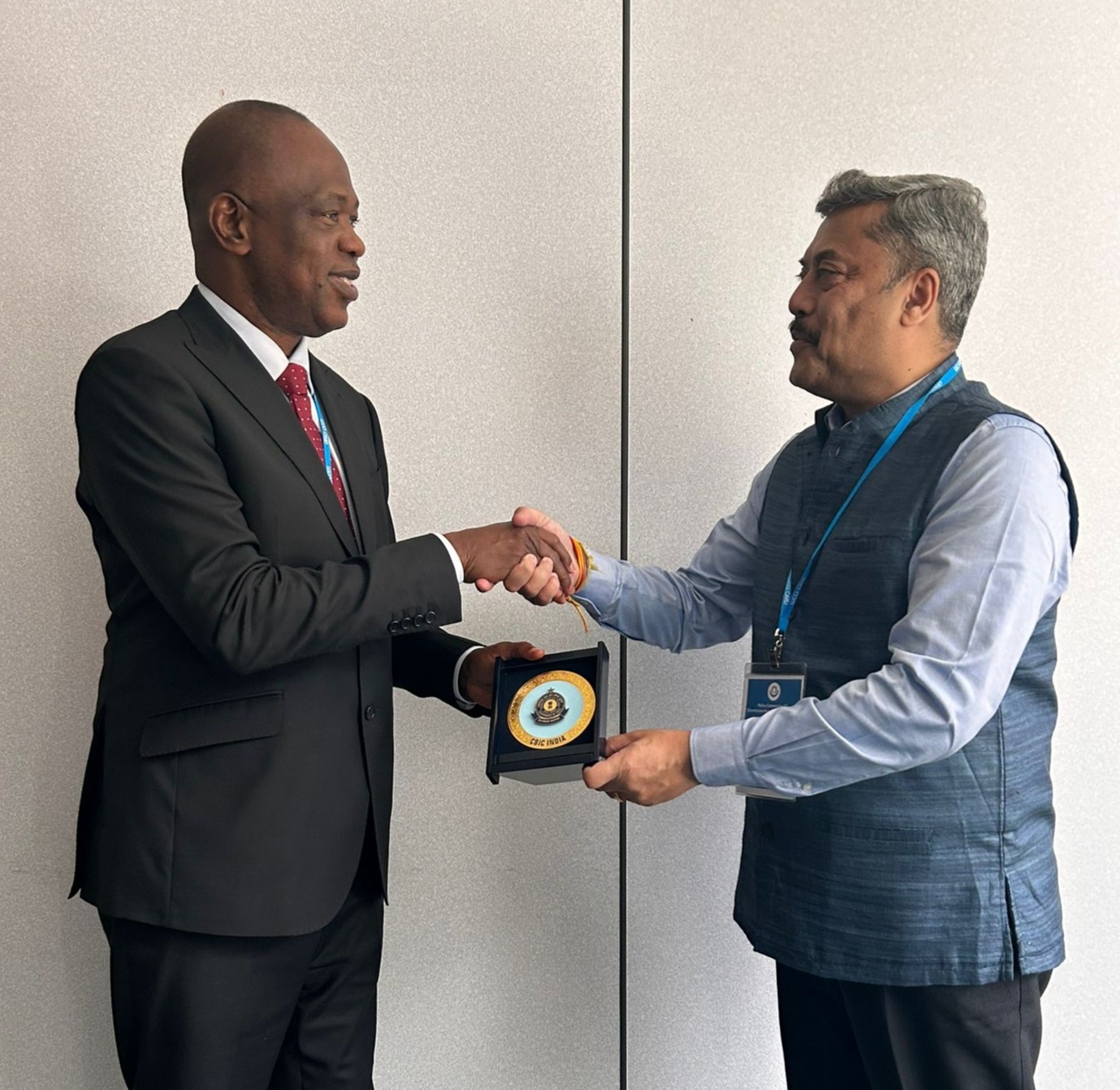
The Nigeria Customs Service (NCS) has reaffirmed its commitment to bolstering bilateral ties with the Indian Customs Administration, with both nations advancing discussions on critical customs-related issues during a high-level meeting held on the sidelines of the 92nd Session of the World Customs Organisation (WCO) Policy Commission in Brussels.
The engagement, which took place on Tuesday, 25 June 2025, brought together the Comptroller-General of Customs, Adewale Adeniyi, and Mr Surjit Bhujbal, a senior official of India’s Central Board of Indirect Taxes and Customs (CBIC).
The meeting centred on evaluating the progress made under the Customs Mutual Administrative Agreement (CMAA), signed between Nigeria and India on 16 November 2024 during the Indian Prime Minister’s state visit to Nigeria.
During the bilateral meeting, both delegations explored key areas of collaboration, including customs valuation, transfer pricing challenges, and ongoing efforts to integrate customs and tax systems.
These issues, flagged as strategic priorities in the CMAA, are critical to boosting revenue assurance, ensuring fair trade practices, and strengthening regulatory compliance frameworks in both countries.
A central focus of the discussions was the growing global concern over the proliferation of substandard pharmaceutical products in international trade.
Both parties acknowledged the significant role their cooperation has played in recent successful interceptions of illicit pharmaceuticals in Nigeria — a result attributed to enhanced intelligence sharing and strengthened operational synergy between the two customs administrations.
“Today’s dialogue is a continuation of the strong foundations laid during the signing of the CMAA in November 2024,” said Comptroller-General Adewale Adeniyi. “We are intensifying efforts to tackle undervaluation, abusive transfer pricing, and to improve system integration between customs and tax authorities. Additionally, our joint actions in curbing the importation of substandard pharmaceuticals yield results and protect public health.”
Adeniyi also expressed Nigeria’s readiness to broaden the scope of engagement through joint technical missions, training programmes, and shared data systems.
He emphasised that such collaborative frameworks would significantly enhance risk management capabilities, ensure better trade facilitation, and bolster efforts to combat illicit financial flows.
“This partnership reflects our vision of a smarter, collaborative, and globally connected customs administration,” Adeniyi noted.
In his remarks, Mr Surjit Bhujbal reaffirmed India’s view of Nigeria as a strategic partner on the African continent.
He highlighted the CMAA as a vital mechanism for mutual assistance, structured information exchange, and capacity building.
“India regards Nigeria as a crucial partner in Africa. The CMAA has opened a structured channel for mutual assistance, information exchange, and capacity building. We are keen to deepen technical cooperation on valuation, combat revenue leakage through transfer pricing schemes, and share our experience integrating customs with tax systems,” Bhujbal stated.
The WCO Policy Commission serves as a premier platform where customs leaders from around the globe convene to chart policy direction, promote trade facilitation, and enhance enforcement standards.
Nigeria’s active participation in the session underscores its continued commitment to aligning with global best practices and modernising its customs operations to meet the demands of a rapidly evolving trade landscape.




